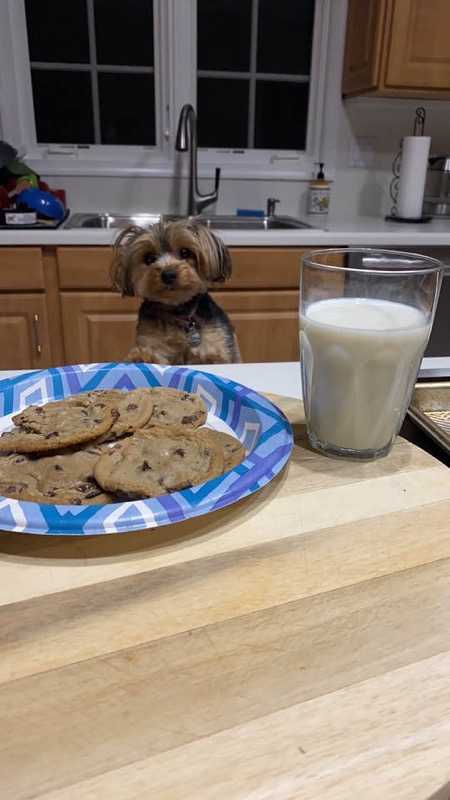Friday Facts and Figures is a brief digital newsletter focusing on data points from NJPP reports, research, and policy debates in New Jersey and beyond.
Sign up here.
Positive COVID-19 Cases: 99,989 | Deaths: 5,368
[New Jersey Department of Health / COVID-19 Dashboard]
1 in 5
More than 858,000 New Jerseyans have filed for unemployment benefits over the last five weeks, representing nearly 1 in 5 workers in the state. Even more alarming is that this number does not capture the many residents who continue to experience difficulties placing their claims due to tech issues. This spike is unprecedented and mirrors trends in other states as non-essential businesses are shut down to contain the spread of COVID-19. Over the same five week time period, more than 25 million people submitted unemployment claims nationwide. [NorthJersey.com / Ashley Balcerzak]
$600
Immigrant households — which have largely been excluded from the federal’s government’s COVID-19 stimulus — are having trouble paying for basic necessities like food, medicine, and utilities, according to a new report by Make the Road New Jersey. The report finds that immigrants are disproportionately harmed by the pandemic, as many are essential workers and are thus at risk of contracting COVID-19, while those who are now out of work cannot access the same benefits as everyone else. To ensure no worker is left behind in the state’s recovery, Make the Road is recommending $600 per week payments to unemployed workers who do not qualify for unemployment benefits. Governor Murphy is open to the proposal, though he has yet to commit to it. [NJ.com / Sophie Nieto-Munoz]
30 Percent
The state departments at the forefront of New Jersey’s COVID-19 response are operating with significantly less funding and fewer staff than over a decade ago, according to a new report by NJPP Senior Policy Analyst Sheila Reynertson and President Brandon McKoy. Combined, the departments of Health and Human Services are operating with 6 percent less funding and have 30 percent fewer full-time employees than in 2008, prior to the Great Recession. Similarly, the Department of Labor, which processes unemployment claims, has 25 percent fewer employees than in 2008. This is a direct result of cuts made under the previous administration. [NJPP / Sheila Reynertson and Brandon McKoy]
$290 Billion
The COVID-19 crisis is stretching state budgets thin, and New Jersey is no exception. Combined, states are projected to lose $500 billion in revenue due to the pandemic, with most of the revenue loss — $290 billion — concentrated in the upcoming fiscal year. Without significantly more federal aid, states like New Jersey face dramatic cuts to public services that would disproportionately harm communities of color and prolong the nation’s ultimate recovery. As we saw firsthand in the wake of the Great Recession, a cuts-heavy response to a downturn worsens the economy’s fall and slows the state’s ultimate recovery. It’s important New Jersey learns from this experience and does not make the same mistakes of the past. [NJPP / Louis Di Paolo]
$5 Billion
If New Jersey does not receive significantly more aid from the federal government, the state could borrow at least $5 billion from the Federal Reserve under a new program meant to shore up state and local finances. Here’s what NJPP President Brandon McKoy has to say about the plan: “Borrowing, especially at the levels that would be required in this crisis, should always be viewed with skepticism, especially because New Jersey in the past has too often justified massive borrowing to support tax cuts that reduced the state’s ability to invest in the building blocks of economic growth. This situation is different. Borrowing now will speed our recovery out of this recession.” [NJ Spotlight / John Reitmeyer]
ICYMI
NJPP President Brandon McKoy joined WNYC’s Morning Edition with Richard Hake to discuss how the state’s COVID-19 response has been hampered by a decade of budget cuts. Listen to the 4 minute segment by clicking on this link. [WNYC / Richard Hake]
Pets of NJPP
Meet Molly, David Nelson’s mom’s pup. Molly is overly protective of her human, Maryanne, enjoys swimming, and clearly loves milk and cookies, as you can see from the photo below.

Have a fact or figure for us? Tweet it to @NJPolicy.

